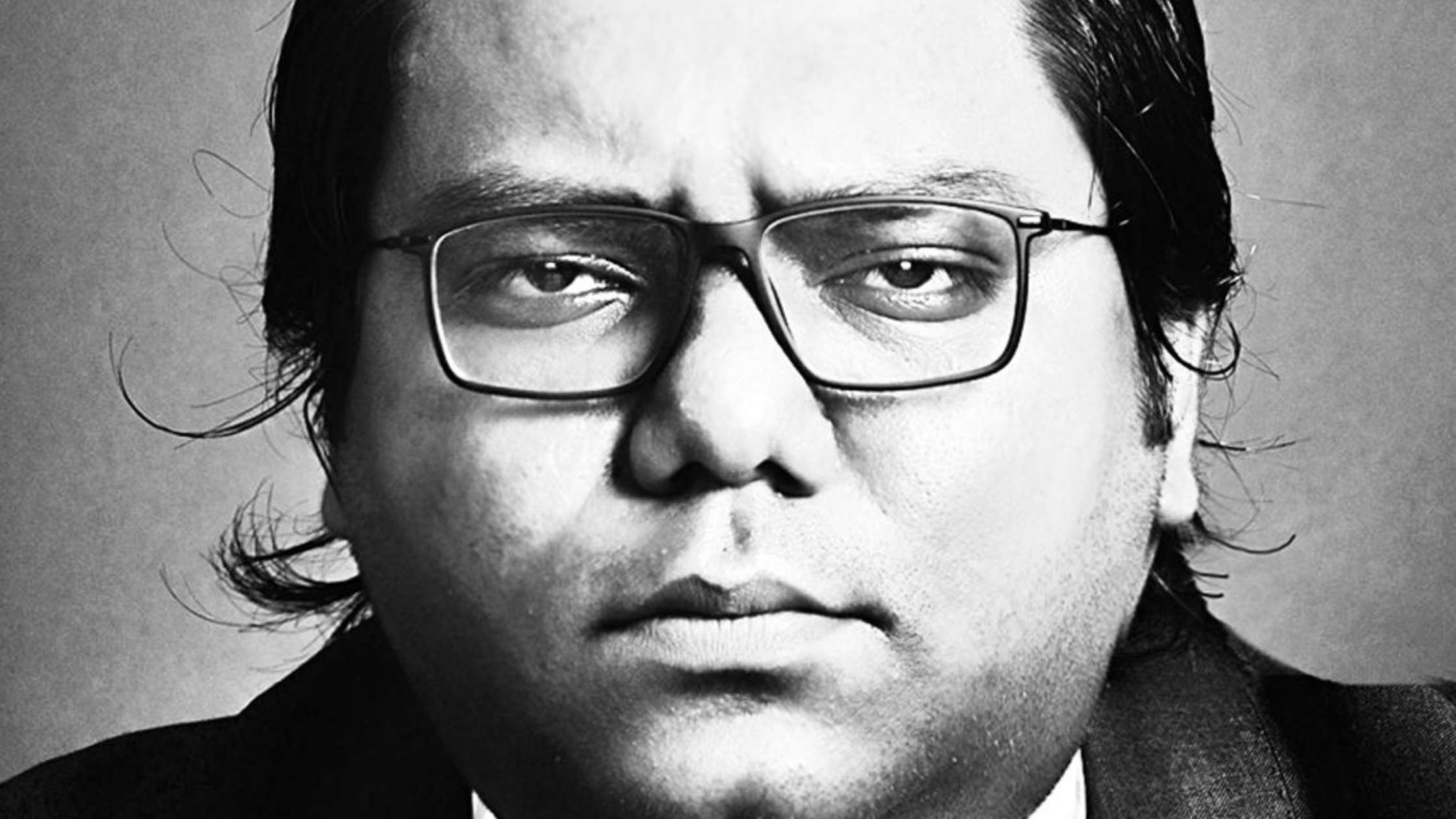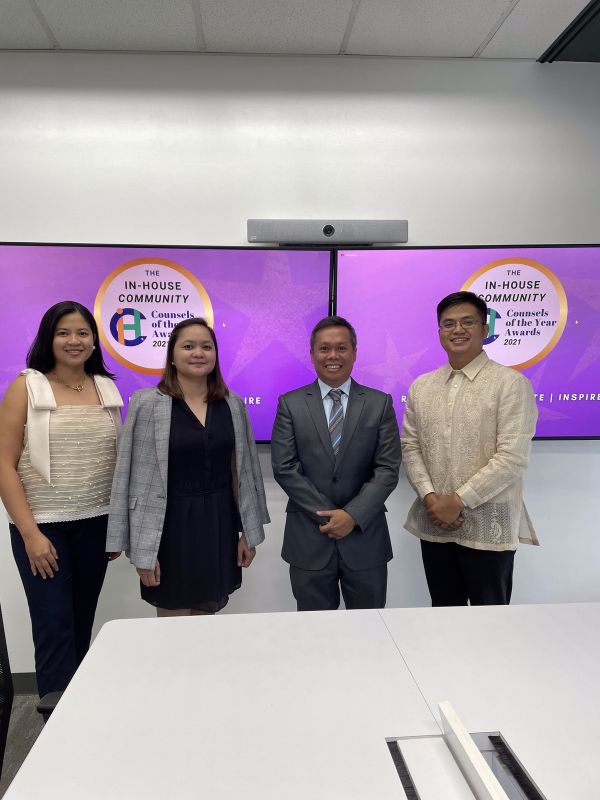Stan Lui, General Counsel APAC of Nobel Biocare, tells ASIAN-MENA COUNSEL about his unique teaching methods, as well as alerting us to the kind of problems the future may hold and offering his own personal solutions.
ASIAN-MENA COUNSEL: How do you add value to your company? Are there any specific teaching methods you use with staff to get your message across?
Stan Lui: Recently, I read on an opinion poll: “If your anti-bribery policy is more than three pages, it probably won’t work” There simply weren’t enough ‘STRONGLY AGREE’ boxes on the page for me to place a checkmark! Ultimately, an in-house counsel’s chief role is to be a great communicator: anyone can recite regulations and (if time is not of the essence) explain the gist of each. The value-add is to break down convoluted rules into bite-sized pieces and to make the relevant principles stick in one’s mind.
In the 2015 sales kick-off meeting, Nobel Biocare’s legal department reiterated the company’s code of conduct and corporate values by printing them on foot-wide life rings and distributing them to each attending staff member. The legal department likens the market place nowadays to rough and high seas; our colleagues need to have ethical principles stick in their minds to avoid sinking (hence, the life ring tagline “Think… So You Won’t Sink”). At the end of the day, the life rings are not an earth-shaking innovation, but they have certainly been vital in increasing the ‘stickiness’ of our values and how to conduct daily operations in a compliant manner.
AMC: Briefly, could you please describe your career trajectory?
SL: I would describe it as divergent or ‘somewhat atypical’, even.
My first in-house position was with a ship management company where I handled the technical aspects of ship operations (crewing, insurance/cargo claims), as well as the sale and purchase of marine tankers. I ‘jumped ship’ about two years later and joined an apparel company where one of my key duties was to manage the company’s IP portfolio. Another two and a half years passed and I seized on the opportunity to work for a business unit (building security/guarding) of a DOW-listed company; I was involved in a handful of M&A and divestiture projects and was tasked with conducting anti-trust training. I joined my current employer Nobel Biocare – a dental crown, bridge and implant manufacturer – in 2010. Formulating, monitoring and educating compliant processes have now become the key elements of my day-to-day operation.
 AMC: You seem to have worked in a handful of different industries. What are some of the transferable skillsets that facilitate your switch to your current role with Nobel Biocare and as well as other preceding roles? SL: “Attention to safety, (aesthetic) details and precision” is credo to continuing growth and success of a dental implant company; and, inadvertently, I’ve come to understand better and appreciate a decision-making mindset that is built upon those three pillars having worked in, chronologically, the technical ship management, apparel and construction fields prior to joining Nobel Biocare.More importantly, an in-house counsel must be flexible and culturally sensitive: ‘One Size Fits All’ is a concept only applicable to t-shirts. AMC: Please describe how the in-house role has changed as the market has developed. On the macro-level, outlook for the APAC region will likely continue to be volatile, fuelled by rigorous region-wide regulatory harmonisation and politically-charged campaigns (e.g. the current anti-corruption drive in China and India). Amidst such a challenging backdrop, in-house counsel must maintain an open mind and be willing to immerse themselves in the operational aspects of the company’s business, so that advice provided is practical and applicable; the further challenge is to ensure that boundaries – once drawn – are non-negotiable and must be adhered to without any compromise. AMC: Based on this, as well as other influential aspects such as technology, what changes do you expect to see in the next five to 10 years? |
AMC: Due to your role, the impending ASEAN integration is bound to have an effect. Could you give us some insight into what you expect?
SL: The dental/medical device industry is highly regulated, hence making its operation equally challenging. ASEAN integration will most certainly add more complexity into the mix. As with most things, it’s also darkest before dawn. I am hopeful that – as painful as it may be to harmonise different regulatory systems and regimes – the end result of having a single and predictable system governing an industry like dental/medical device will make it all worthwhile.
AMC: According to Richard Susskind, the law delivers too many ambulances at the bottom of cliffs and not enough railings at the top, meaning a lawyer’s function is often to mitigate once a problem has occurred rather than foresee and prevent problems before they arise. How do you tackle this?
SL: I firmly believe that “an ounce of prevention is worth a pound of cure”. The problem is that there still seems to be a genuine distrust of legal departments by other business functional units (such as perceiving the legal department as a roadblock rather than a ‘landmine detector’), leading to a lack of (or worse, complete failure in) two-way communication. No one (not even the best and brightest of doctors) can conduct a proper diagnosis without the other side (the patient) indicating the symptoms of any problem or concern.
Having said that, I believe that in-house counsel must – not so far as barging into meetings uninvited, but – maintain a pro-active stance in fostering open and frank communication with all staff members; so that when the need to gather and verify facts arises, the objective may be achieved and, subsequently, an informed decision/action may be taken.
AMC: What’s the best advice you have been given and what’s the best advice you could give?
SL: Best advice I have been given: If you pay peanuts, you get monkeys.
Best advice I could give: Never venture out to the rough seas of business without a life ring.
 |
















